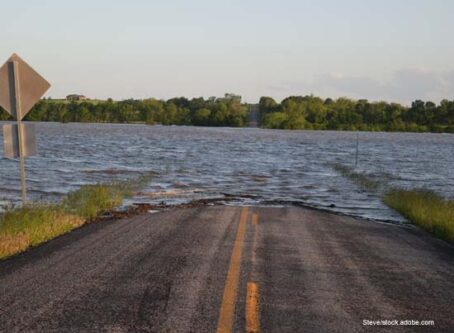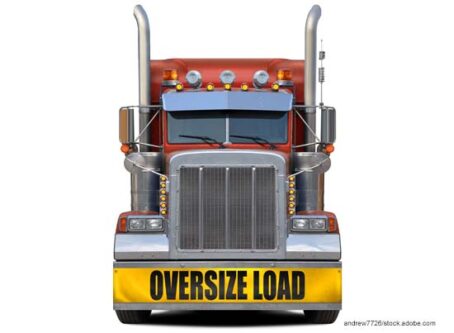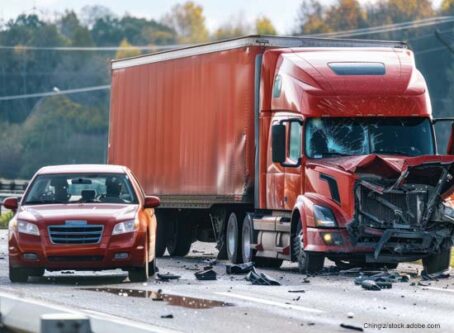Advocates for Highway and Auto Safety releases annual Roadmap to Safety
Advocates for Highway and Auto Safety has released its annual Roadmap to Safety, which rates states on traffic laws.
Advocates for Highway and Auto Safety’s Roadmap to Safety gives every state and Washington, D.C., a rating in six categories: occupant protection, child passenger safety, teen driving, impaired driving, distracted driving and automated enforcement to curb speed). Each state receives an overall grade of green, yellow and red, reflecting each state’s progress.
Only five states (Louisiana, Maryland, Oregon, Rhode Island, Washington) and the District of Columbia received the highest rating of green. Nine states received a red rating, indicating they are lagging behind in the adoption of Advocates for Highway and Auto Safety’s recommended laws: Florida, Massachusetts, Michigan, Missouri, Montana, Nebraska, North Dakota, South Dakota and Wyoming.
“Early data from the first six months of 2022 show deaths persist at egregiously high levels,” Cathy Chase, president of Advocates for Highway and Auto Safety, said in a statement. “Moreover, crashes injure millions of people each year and impose a comprehensive cost on society of more than one trillion dollars. This amounts to a crash tax of nearly $950 for every person living in the U.S. This horrific toll must serve as a blaring wake-up call to policymakers at all levels of government to take action to reverse this upward trajectory. Advocates’ Roadmap to Safety provides a blueprint for such action.”
In total, there are 16 measures by which each state is ranked. No state has enacted all 16 measures.
Based on Advocates for Highway and Auto Safety’s recommendations, states across the nation need to adopt 494 laws.
- 16 states need an optimal primary enforcement seat belt law for front seat passengers.
- 30 states need an optimal primary enforcement seat belt law for rear seat passengers.
- 32 states need an optimal all-rider motorcycle helmet law.
- 32 states need a rear-facing through age 2 or older law.
- 33 states and D.C. need an optimal booster seat law.
- 48 states and D.C. need an optimal rear seat through age 12 law.
- 192 graduated driver licensing laws need to be adopted to ensure the safety of novice drivers.
- 27 critical impaired driving laws are needed in 26 states.
- Four states need an optimal all-driver text messaging restriction.
- 19 states need a graduated driver licensing cellphone restriction.
- 27 states need to permit automated enforcement by law.
- 32 states do not have automated enforcement in use.
To read the full report, click here. LL









